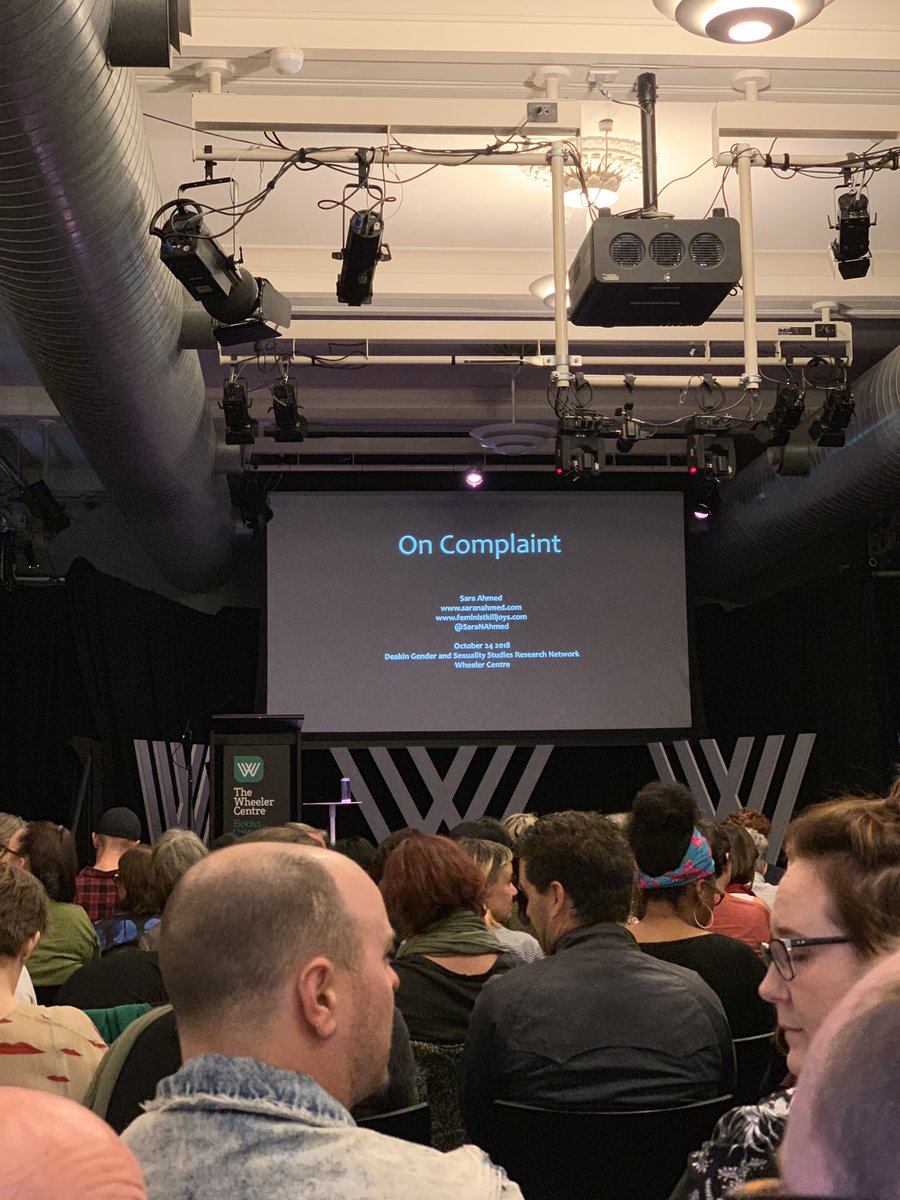diatribe (a good summary of links here by @Undercoverhist: ). Hope this helps the few readers patient enough to follow /1
ill-posed. Better question: "who pays how much taxes RELATIVE TO WHAT SCENARIO?" There is an even better question but I'll write it later /2
help clarifying the conceptual challenge of thinking about counterfactuals lucian.uchicago.edu/blogs/elucidat… /END














